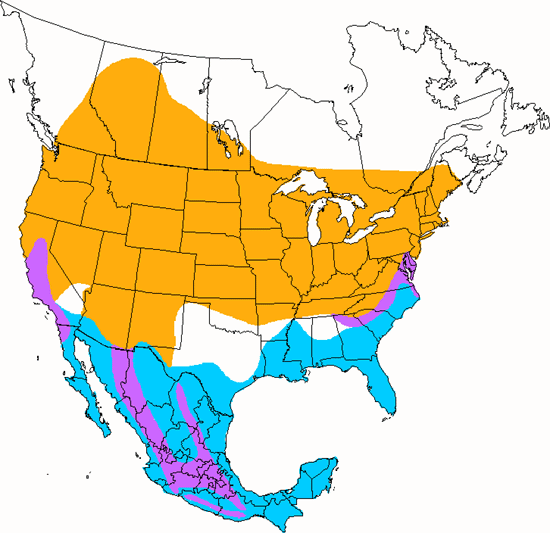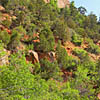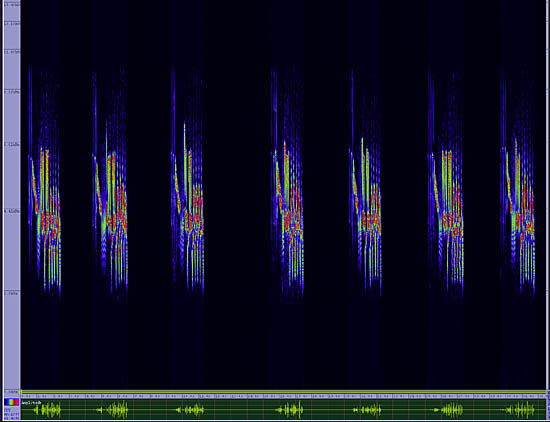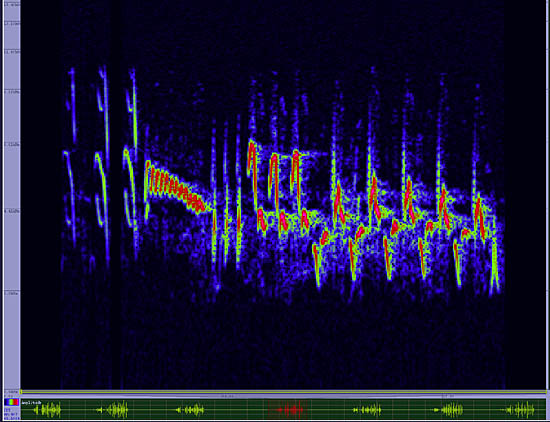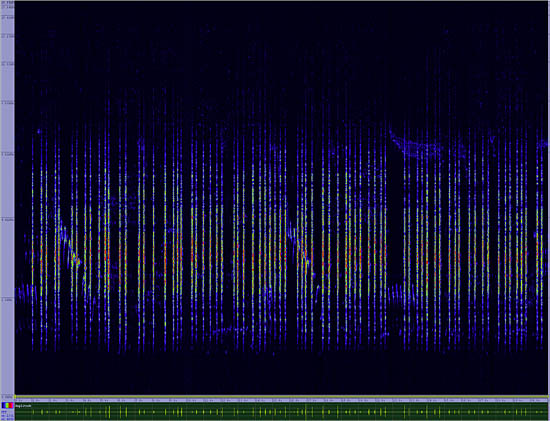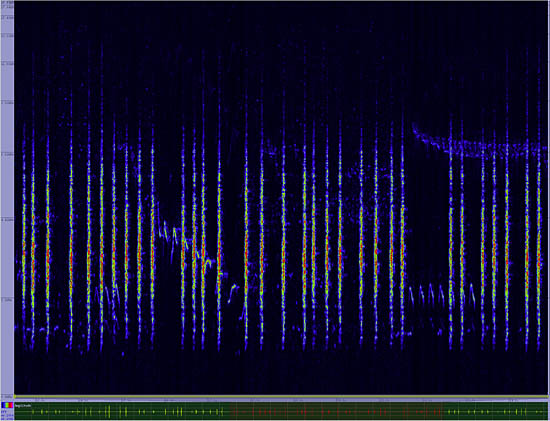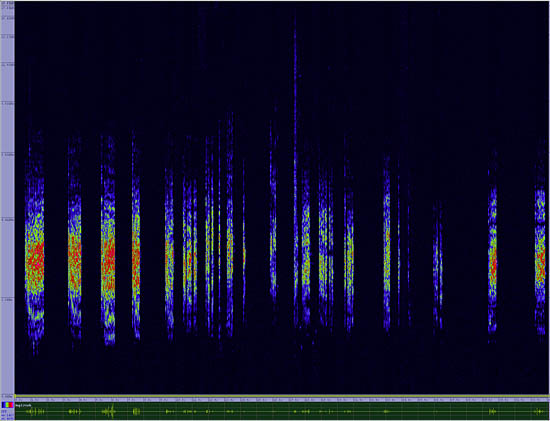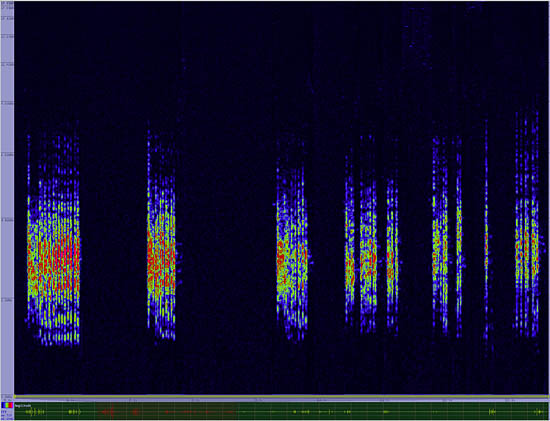House Wren
Troglodytes aedon

Perching
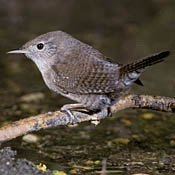
Length: 5 in. (12 cm )
Common in brushy and open woodland, the House Wren makes itself obvious when singing. It forages in low undergrowth for insects, snails and spiders. Its nest is in a natural cavity, but it readily uses nest boxes as well. The resident population in the mountains of the southwest and Mexico is considered a separate species by some experts, the Brown-throated Wren.
The four-digit banding code is HOWR.
Bibliographic details:
- Article: House Wren
- Author(s): Dr. Biology
- Publisher: Arizona State University School of Life Sciences Ask A Biologist
- Site name: ASU - Ask A Biologist
- Date published:
- Date accessed:
- Link: https://askabiologist.asu.edu/activities/bird/house-wren
APA Style
Dr. Biology. (). House Wren. ASU - Ask A Biologist. Retrieved from https://askabiologist.asu.edu/activities/bird/house-wren
Chicago Manual of Style
Dr. Biology. "House Wren". ASU - Ask A Biologist. . https://askabiologist.asu.edu/activities/bird/house-wren
Dr. Biology. "House Wren". ASU - Ask A Biologist. . ASU - Ask A Biologist, Web. https://askabiologist.asu.edu/activities/bird/house-wren
MLA 2017 Style
Be Part of
Ask A Biologist
By volunteering, or simply sending us feedback on the site. Scientists, teachers, writers, illustrators, and translators are all important to the program. If you are interested in helping with the website we have a Volunteers page to get the process started.

